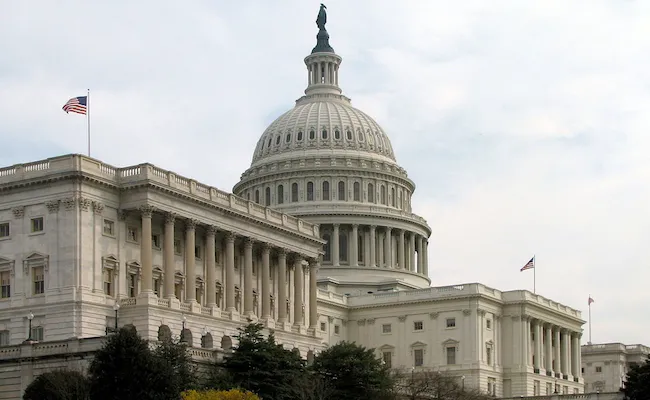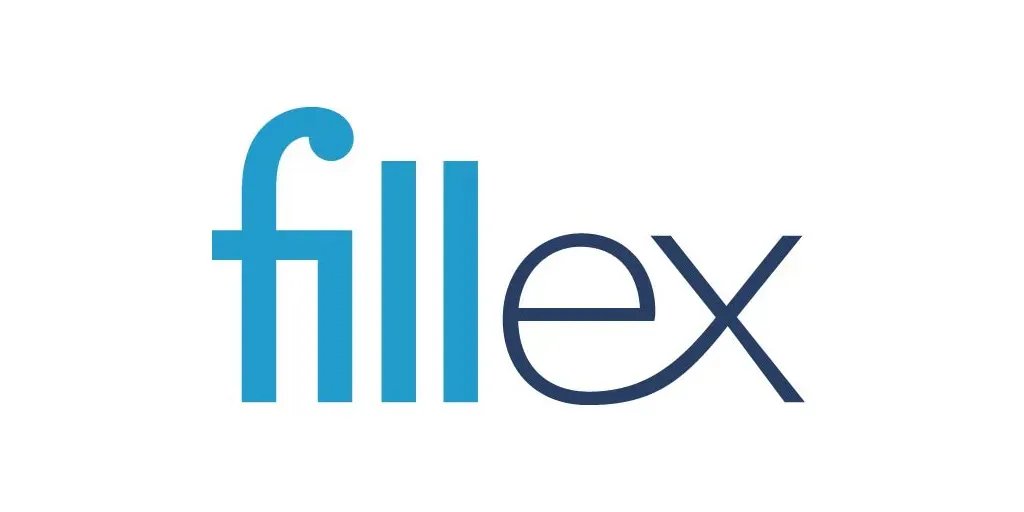ALEXANDRIA, Va. – The National Community Pharmacists Association has endorsed The Ensuring Seniors Access to Local Pharmacies Act of 2015 (S. 1190), a Senate bill that would expand the number of pharmacies that could offer discounted co-payments for prescription drugs under Medicare Part D.
The legislation was introduced Tuesday by Sens. Shelly Moore Capito (R., W.Va.), Joe Manchin (D., W.Va.), Tom Cotton (R., Ark.) and Sherrod Brown (D., Ohio).
“Community pharmacies play a critical role in providing healthcare and medication to rural Americans who live in far reaching parts of our state and may otherwise have a lengthy drive to a larger city,” Capito said in a statement. “The Ensuring Seniors Access to Local Pharmacies Act will allow seniors to maintain access to Part D prescription medications and qualify for the potential cost savings from preferred pharmacies.”
S. 1190 would require that community pharmacies in medically underserved areas (MUAs), medically underserved populations (MUPs) and health professional shortage areas (HPSAs) be allowed to participate in Part D preferred pharmacy networks if they are willing to accept the contract terms and conditions of current preferred providers.
The Senate legislation is a companion bill to H.R. 793, The Ensuring Seniors Access to Local Pharmacies Act, which has been introduced in the House of Representatives by Reps. Morgan Griffin (R., -Va.) and Peter Welch (D., Vt.) and has 38 bipartisan co-sponsors.
“We now have a bipartisan, bicameral solution to the conundrum many seniors face when they sign up for Medicare Part D preferred pharmacy plans before realizing their pharmacy of choice cannot offer the advertised copays,” stated NCPA chief executive officer B. Douglas Hoey. “Medicare beneficiaries should not be confronted with the Hobson’s choice of continuing to patronize their pharmacy at a higher cost or making a long trip to another pharmacy. We commend these senators for their leadership on this issue and strongly support this legislation which, if enacted, would benefit seniors the most.”
NCPA noted that S. 1190 is especially beneficial for seniors in underserved urban and rural communities who rely on independent community pharmacies. According to a recent Medicare study, in urban areas more than half of preferred pharmacy drug plans (54%) failed to meet the government’s threshold for reasonable access to pharmacies, the association reported, adding that in rural areas the closest preferred pharmacy can be 20 miles or more away.
“Many Medicare beneficiaries live on fixed incomes and struggle to afford their prescription drugs. Especially for those living in rural and underserved areas, the cost of filling a prescription out-of-network could lead seniors to forgo filling needed medications,” Brown commented. “By allowing pharmacies in rural and underserved areas to participate in preferred networks, we can help seniors fill prescriptions and seek guidance on their medications without having to pay more out-of-pocket or travel to a participating pharmacy. This fix would expand access for all seniors regardless of their location, improve competition, and cut prescription drug costs.”
NCPA added that support for S. 1190 extends to senior, patient and health advocacy groups, with the legislation being endorsed by The Alliance for Retired Americans, the Center for Medicare Advocacy, Families USA, Justice in Aging, the Medicare Rights Center, the National Consumers League, the National Rural Health Association, and the U.S. Pain Foundation.









